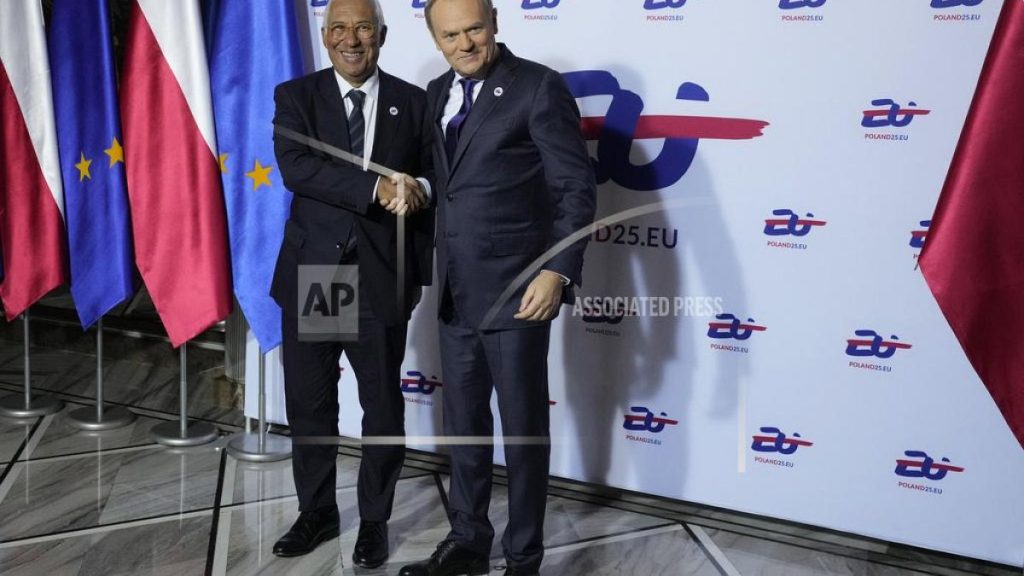Poland, a nation deeply invested in European security and energy independence, is poised to champion a robust defense agenda and a complete severance of ties with Russian fossil fuels during its upcoming presidency of the Council of the European Union. Minister for European Affairs, Adam Szłapka, emphasized the EU’s crucial role in bolstering defense cooperation, particularly in the economic realm. This includes strengthening the European defense industry, supporting defense initiatives, and enhancing the security of critical infrastructure, particularly through projects like the “Eastern Shield.” This initiative addresses the escalating challenges at Poland’s eastern border, which has become a focal point for illegal migration orchestrated by Belarus and Russia.
Szłapka underscored the importance of synergy between EU defense activities and NATO, asserting that the two should be complementary rather than competitive. He reiterated Poland’s firm stance that NATO remains the cornerstone of European security, and any EU initiative in this domain should align with and support NATO’s objectives. This aligns with the broader European perspective voiced by High Representative Kaja Kallas, who highlighted the distinct yet complementary roles of the two organizations: NATO focusing on military aspects like planning, while the EU concentrates on strengthening the defense industrial base. Kallas acknowledged the complexities of European foreign and defense policy, including navigating relations with the new US administration, addressing crises in the Middle East, supporting Ukraine, and ensuring food, military, and energy security, areas where Poland’s presidency is expected to play a significant role.
Poland’s commitment to severing ties with Russian fossil fuels underpins its broader energy security agenda. Moving beyond mere independence from Russian supplies, Poland advocates for a complete disengagement, motivated by both security concerns and a moral imperative to cease funding a regime implicated in atrocities. This decisive stance reflects a growing European consensus on the need to diversify energy sources and reduce reliance on Russia, a move accelerated by the ongoing conflict in Ukraine.
Poland’s proactive approach towards European defense and energy security reflects a broader shift in the continent’s geopolitical landscape. The war in Ukraine has starkly exposed the vulnerabilities of relying on a single, potentially hostile, supplier for critical resources. It has also underscored the need for a more robust and unified European defense posture, capable of responding to emerging threats and safeguarding the continent’s stability. Poland’s focus on strengthening the European defense industry and promoting initiatives like the Eastern Shield demonstrates a commitment to addressing these challenges head-on.
The emphasis on complementarity between EU and NATO efforts underscores the understanding that a multi-layered approach is essential for effective security. NATO, with its focus on collective defense and military operations, remains the primary guarantor of European security. However, the EU, with its economic and political leverage, can play a vital role in strengthening the continent’s resilience through initiatives like supporting the defense industry, enhancing critical infrastructure protection, and promoting energy diversification.
Poland’s presidency promises to be a pivotal moment for European security and energy policy. By advocating for a decisive break from Russian fossil fuels and championing a stronger, more integrated defense framework, Poland aims to contribute significantly to a more secure and resilient Europe. The challenges are considerable, requiring close coordination among EU member states and a clear understanding of the evolving geopolitical landscape. Poland’s commitment to these goals signifies its determination to play a leading role in shaping a more secure and independent future for Europe.














